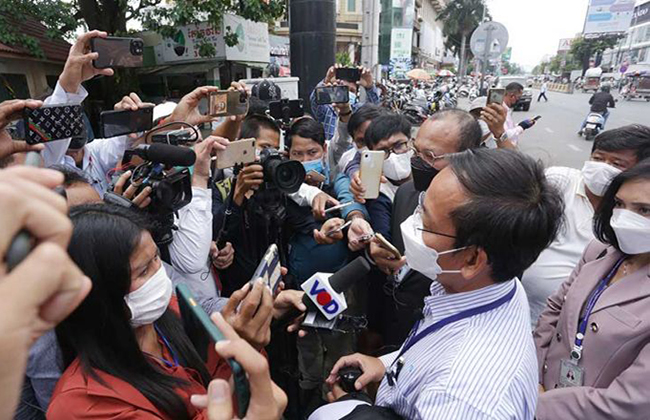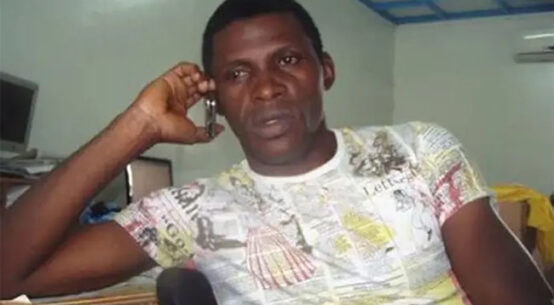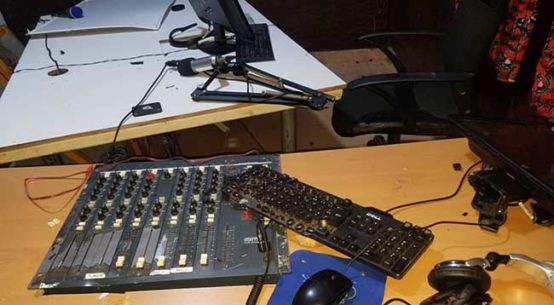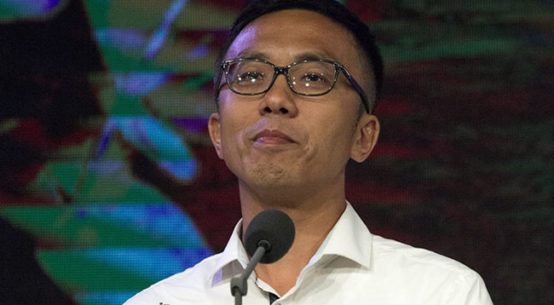
Revocation of operating licences for media houses, threats on journalists’ with dissenting voices coupled with self-censorship are among some of the threats on the independence of the industry in Cambodiaahead of the 23 July elections, according to reports.
Media right campaigners, the Cambodian Center for Independent Media (CCIM), Cambodian Journalists Alliance (CamboJA), and Reporters Without Borders (RFS) in separate statements have raised red flags and call for the restoration of media freedom in the country where independent voices are believed to being curtailed.
On 23 February, authorities shutdown the Voice of Democracy (VOD) publication, run by the nonprofit Cambodian Center for Independent Media (CCIM) since 2007, the last of the independent media houses in that country, for its investigative approach.
VOD, based in Phnom Penh and produced radio broadcasts as well as publishing online in two languages: English and Khmer was also popular for creating radio and online news, features and investigations into political corruption, land rights and labour rights.
The homepage of its Khmer website was last updated on 12 February and broadcasts were prohibited from the day after.A day before VOD licence was revoked, the publication reported on Cambodia giving aid to Turkey after the recent earthquake.
It cited a government spokesperson claiming that Hun Manet, commander-in-chief of the Royal Cambodian Armed Forces and Cambodian Prime Minister Hun Sen’s son, had ‘allegedly signed off $100,000 in aid’, a move that would overstep his authority.
Prime Minister Hun, in his Facebook posting reportedly accused the media outlet of damaging the “dignity and reputation” of the government. He is reported to have refused to accept a letter of clarification from VOD and ordered the shutdown with no recourse to the law, leaving over 40 employees in the cold.
“By reporting the truth to the public, we have been intimidated and our reporters have experienced harassment by the authorities,” Sothoeuth Ith, the media director of CCIM said.
In March 2022, news outlets Bayong Times, Khmer Cover TV (KCTV) and Cambodia Today had their licences rescinded with no chance of appeal. All three had recently published investigations into corruption amongst political and economic elites.
“The ruling party is concerned about the role of independent media in the country, which are not under government control,” says Nop Vy, executive director of the Cambodian Journalists Alliance (CamboJA), an independent network of professional journalists in Cambodia formed in the wake of government pressure on the news media ahead of the 2018 elections.
The clampdown on the media traces back in 2017, the English-language newspaper Cambodia Daily was forced to close by authorities on the basis of an alleged unpaid tax bill of a reported $6.3 million.
Two reporters were also investigated on incitement charges. Some radio stations, including Voice of America, were forbidden to report or forced to be online-only.The recent media shutdowns echo steps taken by the Cambodian government following previous elections in 2013 and 2018.
The re-election of Hun Sen in 2013 was disputed, leading to protests and calls for an investigation into voting irregularities. There was a lot of media coverage of the demonstrations, explains Daniel Bastard, Asia-Pacific Director of Reporters Without Borders (RSF): “[Prime Minister Hun Sen] didn’t want this to happen again.
He had the leader of the opposition put in jail [in 2017]. Now you can’t consider Cambodia as a working democracy.”
In 2017, the English-language newspaper Cambodia Daily was forced to close by authorities on the basis of an alleged unpaid tax bill of a reported $6.3 million. Two reporters were also investigated on incitement charges. Some radio stations, including Voice of America, were forbidden to report or forced to be online-only.
“Now it’s happening again ahead of the [2023] elections,” says RSF’s Bastard. “VOD was the last remaining mainstream independent media in Cambodia. Now you just have a few news sites and Facebook pages.”
The spate of media humiliations come ahead of the poll in which 70-year-old Prime Minister Hun Sen, described as “an authoritarian ruler in a nominally democratic state”, has held power for 38 years and is widely expected to be replaced by his son.
In May, the country’s main opposition party, the Candlelight Party, was barred from running in the election with authorities claiming it did not have “the right paperwork”. The fate of the media, according to Ith is under pressure to support the authorities or be sidelined, arguing:
“The ruling party is trying to transition power to the new generation. So they want to make sure everything is under control – including the media,” he says. “That’s why independent media has been silenced.”
History repeats itself:
Ith recounts the evolution of the media though noted that this time feels different’’: “In the past, maybe they just crack down on the media and, when the political situation gets better, they allow you to continue your work. But now it seems like they know what they want to achieve.”
Working as a journalist in Cambodia
The increasingly restrictive environment makes it risky for journalists and media outlets to report on sensitive issues.
Reporters at VOD, like other media houses, have faced intimidation, harassment and violence, says CCIM’s Ith, recalling an occasion when a VOD reporter was slapped by a member of the Prime Minister’s bodyguard unit.
“There’s a large amount of self-censorship which is difficult to measure,” says RSF’s Bastard, who points out that this may allow journalists to protect themselves from arrest or harassment, but ultimately damages the free flow of information in the country.




